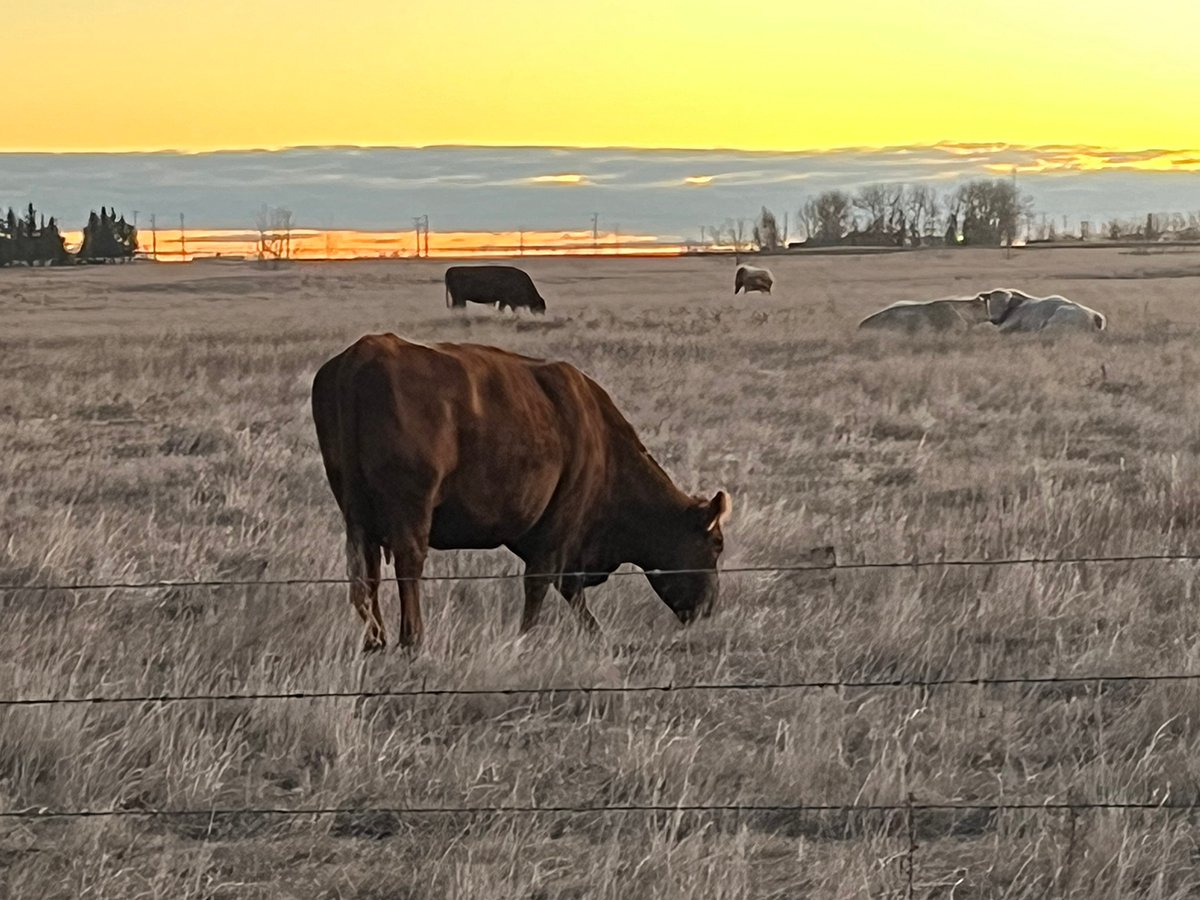Porcine blood plasma | Few livestock feed and ingredients imported into Canada are tested, says veterinarian
The wide array of livestock feed and ingredients flowing into Canada from other countries without inspection is raising concerns with livestock producers and veterinarians.
Feed imported from Asia is widely considered to be the source of porcine epidemic diarrhea in the United States despite the lack of conclusive scientific evidence, and Canadian producers worry that PED or other diseases could enter this country through borders lacking adequate scrutiny.
Dr. Egan Brockhoff, an international swine consultant and owner of Prairie Swine Health Services in Alberta, said the concerns are justified.
Read Also

Animal protection delivery to change in Saskatchewan
The Saskatchewan government is looking for a new agency to handle animal welfare after Animal Protection Services of Saskatchewan decided not to renew its contract next year.
“We are in a situation where a lot of products coming into Canada or into any country, very little of it is tested. Lots of times, of course, what do you test for?”
Brockhoff, speaking on an Alberta Pork conference call, said he recently worked at one hog farm where he counted 54 items in the barn that came from another country. They ranged from towels and instruments to feed and feed ingredients.
“We are left with this onslaught of foreign products that is coming into our country, and that’s a great thing, it makes things affordable,” he said.
“But a system to test and monitor for these significant disease challenges is something that we’ve got to put more and more effort into understanding.”
He encouraged producers to raise the issue with provincial and federal politicians.
Brockhoff and Dr. Frank Marshall of Marshall Swine Veterinary Services in Camrose said the two PED strains in North America are nearly identical to strains in mainland China, indicating their origin.
The two strains are not similar to each other, so PED has not mutated since its arrival on the continent. Some producers had expressed worry over that possibility.
“The actual strains that have been found in North America, these are separate entities, known individual strains, where they can be traced back to individual locations in Asia, in China. So these are not mutating on our soil to date,” said Marshall.
Veterinarians are also monitoring delta coronavirus, another swine illness that has appeared in the U.S.
The latter virus will soon be declared a reportable disease in Alberta, just as PED was several months ago. Provincial vets are now testing for it as well as PED, he added.
Neither has been found in Alberta, but Manitoba’s second case of PED, confirmed two weeks ago, is in a more swine dense area than the first case, and that has producers on alert.
Marshall advised hog producers to avoid use of dried porcine blood plasma as a protein source in hog feed.
The material has been connected with PED cases in Ontario and Prince Edward Island that were found earlier this year and successfully contained.
“We still do not understand how we have had live virus remaining in raw spray-dried plasma product being delivered to a feed company in Ontario. That’s still a multimillion-dollar question,” Marshall said.
Two Canadian plants produce dried blood plasma, one in Quebec and one in Calgary. The Calgary plant uses bovine blood.
Sixty farms in Ontario, two in Manitoba and one each in Quebec and P.E.I. have been infected since PED was first found in Canada in late January.
Brockhoff said the latest U.S. figures indicate 6,421 infected barns, although the actual number is probably higher. The virus continues to spread there despite anticipated help from warmer weather.
Another 191 new cases of PED were confirmed in the U.S. in the second week of May, and the virus has killed an estimated seven million pigs. Thirty new cases of delta coronavirus were confirmed in the U.S. during that same period.
There are no effective vaccines for either virus.
In Canada, Brockhoff said several of the infected barns have undergone cleanup, and the industry is still aiming for eradication despite “defeatist voices” in Ontario where the virus has hit hardest.
“We know there’s some people out there that just have thrown their hands up and said, ‘hey, we’re not going to stop it,’ but there is still a significant body out there that believes we can contain and eliminate.”
Even if that happens, Brockhoff said PED is now endemic in the U.S., so there will be a constant risk of virus re-entry from cross-border traffic.















